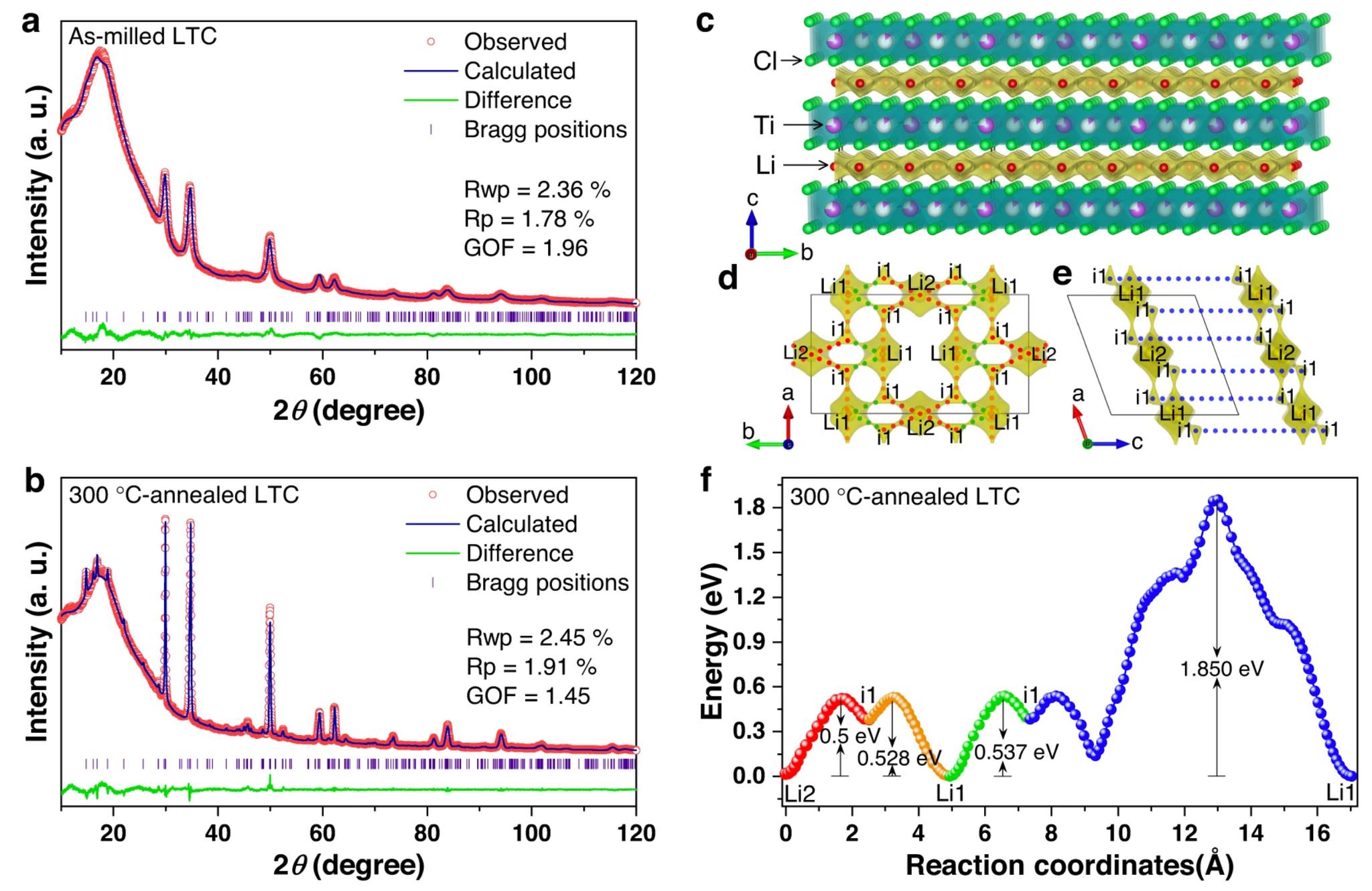Researchers from Tianjin University created better hydrogel for cardiac repair.
Paper:
Currently, although conducting polymers have exhibited potential electrophysiological modulation, designing bioinspired ultra-histocompatible conducting polymers remains a long-standing challenge. Moreover, the water dispersibility, conductivity, and biocompatibility of conducting polymers are incompatible, which restricts their application in tissue engineering. Herein, a multilevel template dispersion strategy is presented to produce poly(3,4-ethylenedioxythiophene) dextran sulfate/carboxymethyl chitosan) (PEDOT
dextran sulfate/carboxymethyl chitosan) (PEDOT DSS/CMCS)) with biocompatibility superior to that of commercial poly(3,4-ethylenedioxythiophene)
DSS/CMCS)) with biocompatibility superior to that of commercial poly(3,4-ethylenedioxythiophene) oly(styrenesulfonate) without sacrificing processability and conductivity. The PEDOT
oly(styrenesulfonate) without sacrificing processability and conductivity. The PEDOT DSS/CMCS) and oxidized dextran solutions form an injectable PEDOT-based hydrogel (PDCOH) mediated by dynamic covalent imine bonds under mild conditions. The PDCOH has a tissue-matched modulus and conductivity to adapt to the mechanical environment of dynamic tissue and modulate fibrosis-induced electrical decoupling. The PDCOH combined with adipose-derived stem cells demonstrates superior cardiac repair effects over cell suspensions and nonconductive hydrogels, inhibiting ventricular remodeling, reducing fibrous scarring, promoting vascular regeneration, and restoring electrophysiological and pulsatile functions.
DSS/CMCS) and oxidized dextran solutions form an injectable PEDOT-based hydrogel (PDCOH) mediated by dynamic covalent imine bonds under mild conditions. The PDCOH has a tissue-matched modulus and conductivity to adapt to the mechanical environment of dynamic tissue and modulate fibrosis-induced electrical decoupling. The PDCOH combined with adipose-derived stem cells demonstrates superior cardiac repair effects over cell suspensions and nonconductive hydrogels, inhibiting ventricular remodeling, reducing fibrous scarring, promoting vascular regeneration, and restoring electrophysiological and pulsatile functions.
News:
缺血性心脏病被称为人类健康“头号杀手”。冠状动脉堵塞会诱发心肌供血不足,使心肌细胞代谢出问题,从而导致心肌细胞死亡,影响心脏生理功能。缺血性心脏病持续威胁人类健康,发病群体越来越趋于年轻化。目前,心脏组织工程专家主要使用基于聚乙撑二氧噻吩的导电水凝胶改善心肌细胞跳动频率、收缩速度和排列结构,但是这种水凝胶并不利于心肌细胞存活和增殖,甚至可能引起严重炎症反应。因此,开发出一种新型水凝胶对于心肌修复治疗有重要意义。
天津大学李俊杰教授团队研发的新型水凝胶可有效克服传统导电水凝胶生物相容性差的缺陷,具有优越的细胞相容性和组织相容性,几乎不会引起炎症。特别值得一提的是,这种新型水凝胶还显示出与心肌相匹配的机械性能和传导性,能促进心肌细胞成熟和定向肌节结构的形成,可以调节纤维化引起的电解耦,防止梗塞恶化。实验结果显示,新型水凝胶可以有效延长干细胞治疗的持续时间,改善心脏修复功能。
“协同机械、电学和生物索引是我们团队未来研究的重点,优异的生物相容性和力电仿生设计将是实现更好治疗效果和临床转化的关键。”李俊杰教授介绍,“我们相信,这种水凝胶在心肌修复、骨骼肌重建、神经和脊髓修复等其他方面应用也具有潜在优势。
Paper:
Ultra-Histocompatible and Electrophysiological-Adapted PEDOT-Based Hydrogels Designed for Cardiac Repair
Abstract
Currently, although conducting polymers have exhibited potential electrophysiological modulation, designing bioinspired ultra-histocompatible conducting polymers remains a long-standing challenge. Moreover, the water dispersibility, conductivity, and biocompatibility of conducting polymers are incompatible, which restricts their application in tissue engineering. Herein, a multilevel template dispersion strategy is presented to produce poly(3,4-ethylenedioxythiophene)
News:
抵抗人类健康“头号杀手”,天津大学研发“救心”水凝胶
天津大学李俊杰教授团队成功研发新型水凝胶,该水凝胶可有效抑制心室重塑,促进血管再生并恢复心脏电生理功能,为缺血性心肌梗死患者带来福音。相关成果得到国家自然科学基金和天津市自然科学基金支持,现已发表于领域权威期刊《先进功能材料》。缺血性心脏病被称为人类健康“头号杀手”。冠状动脉堵塞会诱发心肌供血不足,使心肌细胞代谢出问题,从而导致心肌细胞死亡,影响心脏生理功能。缺血性心脏病持续威胁人类健康,发病群体越来越趋于年轻化。目前,心脏组织工程专家主要使用基于聚乙撑二氧噻吩的导电水凝胶改善心肌细胞跳动频率、收缩速度和排列结构,但是这种水凝胶并不利于心肌细胞存活和增殖,甚至可能引起严重炎症反应。因此,开发出一种新型水凝胶对于心肌修复治疗有重要意义。
天津大学李俊杰教授团队研发的新型水凝胶可有效克服传统导电水凝胶生物相容性差的缺陷,具有优越的细胞相容性和组织相容性,几乎不会引起炎症。特别值得一提的是,这种新型水凝胶还显示出与心肌相匹配的机械性能和传导性,能促进心肌细胞成熟和定向肌节结构的形成,可以调节纤维化引起的电解耦,防止梗塞恶化。实验结果显示,新型水凝胶可以有效延长干细胞治疗的持续时间,改善心脏修复功能。
“协同机械、电学和生物索引是我们团队未来研究的重点,优异的生物相容性和力电仿生设计将是实现更好治疗效果和临床转化的关键。”李俊杰教授介绍,“我们相信,这种水凝胶在心肌修复、骨骼肌重建、神经和脊髓修复等其他方面应用也具有潜在优势。

